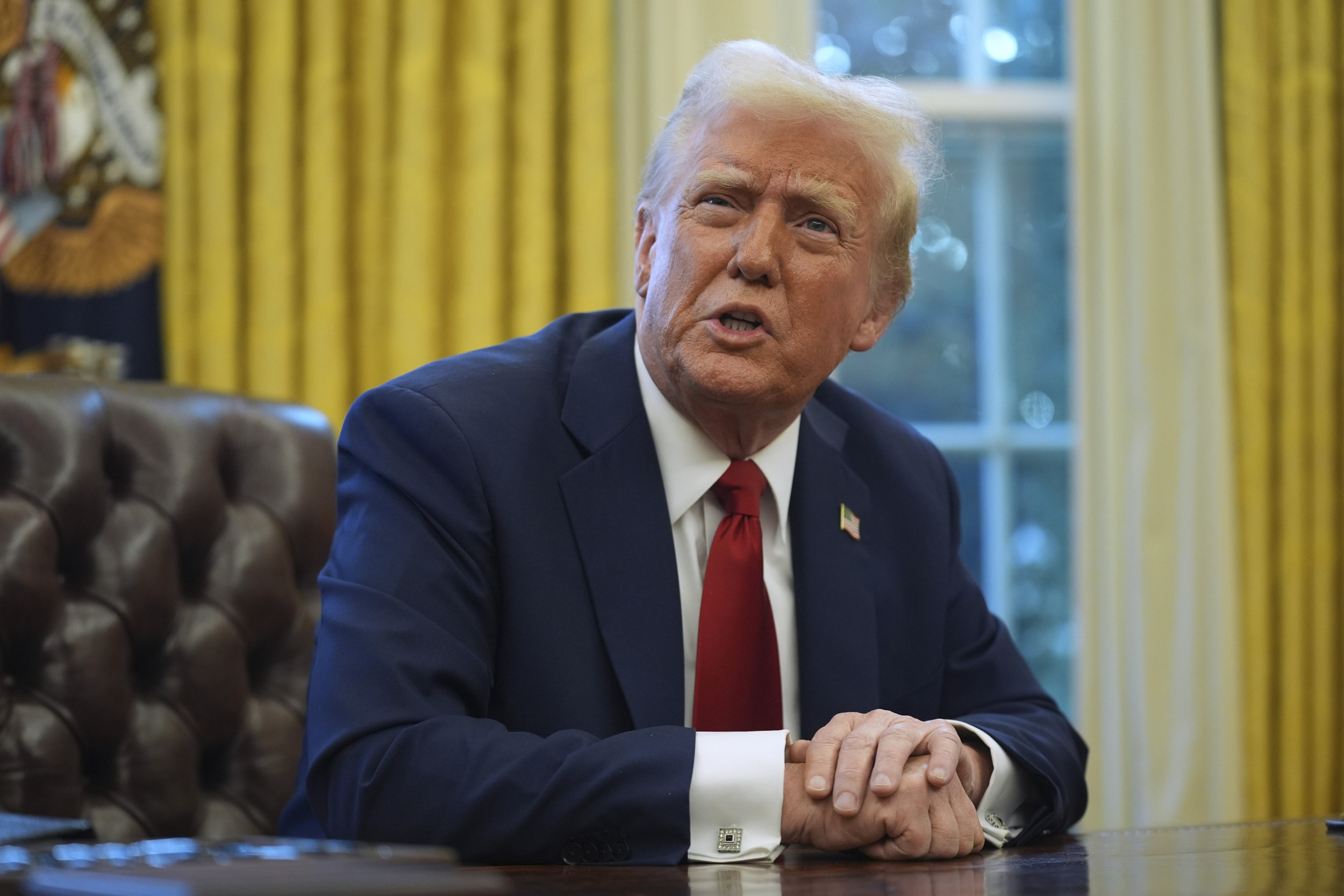Thailand's Central Bank: New Governor Needed To Navigate Tariff Challenges

Table of Contents
The Impact of Global Tariff Wars on Thailand's Economy
The current global trade landscape is characterized by increasing protectionism and unpredictable tariff policies. This environment significantly impacts Thailand's export-oriented economy, which relies heavily on international trade for growth. The ongoing trade disputes between major global powers have created a climate of uncertainty, affecting investor confidence and disrupting established supply chains.
-
Impact on key export sectors: Thailand's key export sectors, including automotive parts, electronics, and agricultural products, are particularly vulnerable to tariff barriers. Increased tariffs on Thai goods in key export markets lead to reduced demand and lower export revenues. The tourism sector, a significant contributor to GDP, also faces potential headwinds due to reduced global travel and spending.
-
Increased uncertainty and volatility in foreign investment: The unpredictable nature of global tariff policies creates significant uncertainty for foreign investors. This uncertainty can deter new investments and potentially lead to capital flight from Thailand.
-
Potential for decreased GDP growth: The combined effects of reduced exports, lower foreign investment, and weakened consumer confidence can significantly impact Thailand's overall GDP growth. Economists predict a slowdown if the current trade tensions persist.
-
Rising inflation due to import costs: Increased tariffs on imported goods can lead to higher consumer prices, contributing to inflation and eroding purchasing power. This further dampens economic activity and consumer spending.
The Role of the Bank of Thailand (BOT) in Economic Stability
The Bank of Thailand (BOT) plays a central role in maintaining macroeconomic stability in Thailand. Its primary responsibilities include formulating and implementing monetary policy, managing the country's foreign exchange reserves, and overseeing the banking sector. The BOT uses various tools to manage economic fluctuations, including:
-
Maintaining price stability (inflation control): The BOT aims to keep inflation within a target range to ensure price stability and support sustainable economic growth.
-
Managing foreign exchange reserves: The BOT manages Thailand's foreign exchange reserves to stabilize the Thai Baht (THB) exchange rate and mitigate risks associated with currency fluctuations.
-
Promoting financial stability: The BOT actively monitors the financial system to prevent and manage financial crises, ensuring the stability of the banking sector and overall financial markets.
-
Overseeing the banking sector: The BOT regulates and supervises commercial banks and other financial institutions to ensure their soundness and stability.
Essential Qualities of the New BOT Governor
The next BOT Governor requires a unique blend of skills and experience to navigate the complex challenges facing the Thai economy. The ideal candidate needs:
-
Deep understanding of international economics and trade: A comprehensive grasp of global trade dynamics, including tariff policies, trade agreements, and international financial markets, is crucial.
-
Expertise in monetary policy and financial regulation: Extensive experience in formulating and implementing monetary policy, managing exchange rates, and overseeing financial regulation is essential for maintaining macroeconomic stability.
-
Strong communication and leadership skills for collaboration with government and businesses: The governor needs excellent communication and leadership skills to effectively collaborate with government agencies, businesses, and international organizations to address economic challenges.
-
Ability to navigate complex political and economic landscapes: The ability to navigate the complexities of Thai politics and the international economic environment is critical for effective decision-making and policy implementation.
Potential Strategies for Navigating Tariff Challenges
The new BOT Governor will need to implement proactive strategies to mitigate the negative impacts of escalating tariff challenges. Potential approaches include:
-
Diversification of export markets: Reducing reliance on specific export markets by exploring new trading partners and expanding market access in other regions.
-
Investment in domestic industries: Promoting investment in domestic industries to reduce dependence on imports and boost local production. This involves strategic investments in technology and infrastructure.
-
Strategic use of monetary policy to cushion economic shocks: Employing monetary policy tools, such as interest rate adjustments, to stabilize the economy and mitigate the effects of external shocks, such as tariff increases.
-
Collaboration with ASEAN partners to address regional trade issues: Working closely with other ASEAN countries to address common trade challenges and promote regional economic integration. This could involve negotiating new trade agreements or developing joint strategies to counter protectionist measures.
Conclusion
The appointment of a new governor for Thailand's Central Bank is crucial in navigating the challenging economic environment shaped by global tariff disputes. The new leader must possess a deep understanding of international trade, strong leadership skills, and the ability to implement effective monetary policies to maintain economic stability. Success requires a multi-pronged approach involving diversification, domestic investment, and regional collaboration. The future economic prosperity of Thailand hinges on the expertise and vision of its new Central Bank governor. The careful selection and empowerment of this individual are vital to successfully navigating these tariff challenges and ensuring the continued stability and growth of Thailand's economy. Learn more about the ongoing discussions surrounding Thailand's Central Bank and the appointment of its new governor.

Featured Posts
-
 Draisaitl Injury Update Oilers Take Cautious Approach With Star Player
May 10, 2025
Draisaitl Injury Update Oilers Take Cautious Approach With Star Player
May 10, 2025 -
 Trump Tariffs Fox News Hosts Offer Divergent Opinions
May 10, 2025
Trump Tariffs Fox News Hosts Offer Divergent Opinions
May 10, 2025 -
 9 Maya V Kieve Ozhidaniya I Realnost Vizitov Soyuznikov
May 10, 2025
9 Maya V Kieve Ozhidaniya I Realnost Vizitov Soyuznikov
May 10, 2025 -
 Nyt Strands Crossword Puzzle April 6 2025 Solutions And Strategies
May 10, 2025
Nyt Strands Crossword Puzzle April 6 2025 Solutions And Strategies
May 10, 2025 -
 Understanding Kimbal Musk Philanthropy Restaurants And Political Views
May 10, 2025
Understanding Kimbal Musk Philanthropy Restaurants And Political Views
May 10, 2025
